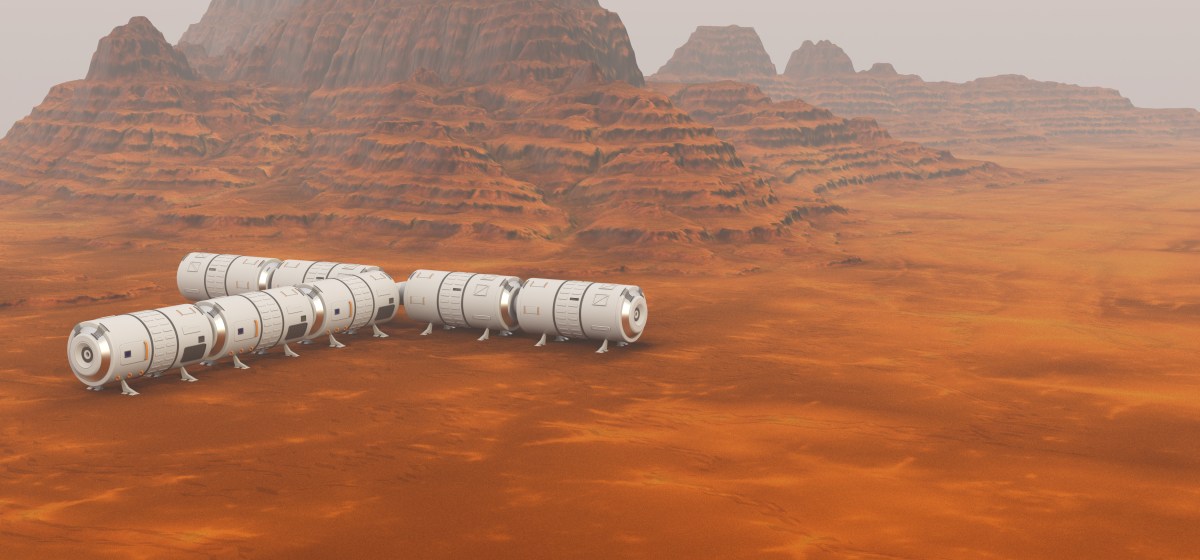NASA and Google Collaborate on AI Assistant for Mars Missions

As human space missions become more ambitious, extending beyond Earth, maintaining astronaut health becomes increasingly difficult. Traditionally, astronauts aboard the International Space Station have access to real-time communication with mission control in Houston, regular medicine shipments, and the option to return after six months. However, as NASA and partners like SpaceX plan missions to the moon and Mars, these conveniences may no longer be viable.
In response, NASA is focusing on creating more "Earth-independent" on-orbit medical care. A significant step in this direction is the development of an AI-powered medical assistant in collaboration with Google. The tool, named the Crew Medical Officer Digital Assistant (CMO-DA), is intended to assist astronauts in diagnosing and treating various symptoms when direct access to medical professionals is unavailable or communication with Earth is hindered.
Running within Google Cloud's Vertex AI platform, CMO-DA is a multimodal tool leveraging speech, text, and images for its operations. This project is supported by a fixed-price Google Public Sector subscription agreement covering cloud services, application development infrastructure, and model training. NASA retains the software's source code, collaborating closely with Google to refine the models. The Vertex AI platform offers access to Google and third-party models.
To evaluate the CMO-DA, three medical cases—an ankle injury, flank pain, and ear pain—were tested. A panel of physicians, including an astronaut, assessed the assistant's performance across evaluation, history-taking, clinical reasoning, and treatment processes. The tool demonstrated high diagnostic accuracy, with the ankle injury assessment deemed 88% correct, ear pain 80%, and flank pain 74%.
NASA's plans are methodically incremental. A slide deck indicates aspirations to incorporate more data sources, such as medical devices, and make the model situationally aware, particularly regarding space-specific conditions like microgravity.
David Cruley from Google's Public Sector noted that whether the AI medical assistant will seek regulatory approval for terrestrial use remains uncertain but is a potential future endeavor.
This technology not only promises enhanced astronaut health management during space missions but may also introduce broader healthcare applications through lessons gleaned from its development.



